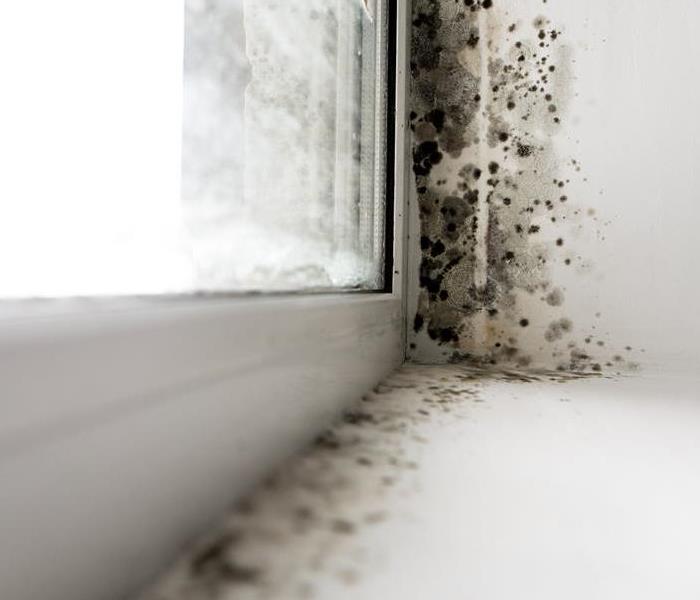The Dangers of Mold in Your Home: Understanding and Managing the Issue
10/31/2023 (Permalink)
 Understanding the potential dangers of mold is important for proactive management in your home or business.
Understanding the potential dangers of mold is important for proactive management in your home or business.
Mold growth in homes is a common concern that should be addressed promptly. In this blog, we will explore the various aspects of mold and dangers in your home. By understanding the potential dangers of mold and learning how to effectively manage it, you can safeguard your home and maintain a clean and comfortable living environment.
Structural Damage
Mold can cause significant damage to the structure of your home. It thrives in moist environments and can gradually deteriorate various materials such as wood, drywall, and insulation. Over time, this can weaken the structural integrity of your home and result in costly repairs. Understanding the potential for structural damage helps motivate prompt action to address any mold issues and prevent further harm to your property.
Impact on Indoor Air Quality
Mold can affect the quality of the air inside your home. As mold spores can become airborne, they can be inhaled and may trigger allergic reactions or respiratory issues. This can be particularly problematic for individuals with preexisting respiratory conditions. Recognizing the potential impact on indoor air quality emphasizes the importance of managing mold growth swiftly and effectively.
Unpleasant Odors and Aesthetics
The presence of mold often results in musty odors that can permeate your home. These odors can be persistent and unpleasant, impacting your overall living environment. Mold discoloration can also be unsightly and cause deterioration of surfaces, leading to a decline in aesthetic appeal. By addressing mold promptly, you can eliminate these unpleasant odors and preserve the visual appeal of your home.
Contamination and Spread
If left unaddressed, mold can spread and contaminate various areas of your home. This can occur through the release of mold spores, which can settle on surfaces and create new growth areas. As mold can multiply rapidly, timely intervention is crucial to prevent extensive contamination. Proactive management and prevention measures can help contain mold growth and minimize the risk of it spreading throughout your home.
Effective Mold Management
To effectively manage mold growth, it is important to address any sources of moisture in your home. Fixing leaks, improving ventilation, and controlling humidity levels are essential steps. Regularly inspecting and cleaning areas prone to moisture, such as bathrooms and basements, can help identify and prevent mold growth. If significant mold contamination is present, professional assistance may be required for thorough remediation.
Peace of Mind and Comfort
Managing mold growth in your home provides peace of mind and enhances overall comfort. Knowing that your home is free from mold helps alleviate concerns about potential damage and ensures a healthier living environment. By actively addressing mold issues and implementing preventive measures, you can create a space where you and your family can feel safe and comfortable. A mold-free home promotes a sense of well-being, allowing you to fully enjoy the warmth and sanctuary of your living space.
Understanding the potential dangers of mold growth in your home is important for proactive management. By addressing mold issues promptly and taking preventative measures, you can protect the structural integrity of your home, maintain indoor air quality, and uphold a visually appealing and comfortable living environment for you and your family.

 24/7 Emergency Service
24/7 Emergency Service